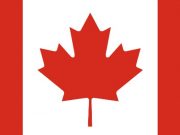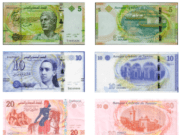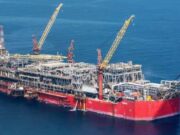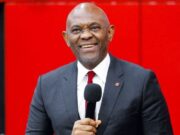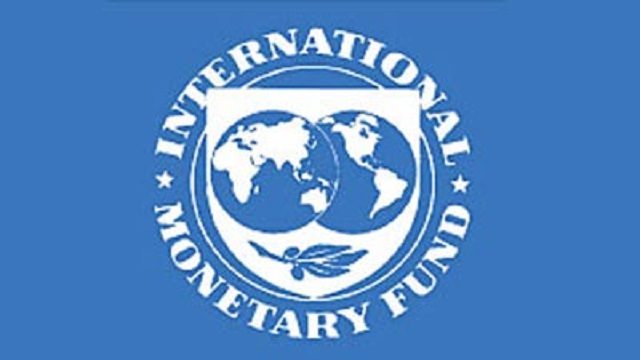Nigeria has serviced its debt to the International Monetary Fund with not less than $1.22 billion over nine months, data from the Debt Management Office’s external debt service reports has shown.
The payments were made as part of principal repayments for three consecutive quarters, from Q4 2023 to Q2 2024.
The breakdown of the payments shows that $401.73m was paid in Q4 2023, followed by $409.35m in Q1 2024, and $404.24m in Q2 2024, amounting to a total of $1.22bn.
As a result of these repayments, Nigeria’s debt to the IMF has decreased significantly, dropping from $3.26bn as of June 2023 to $1.16bn by June 2024.
This reflects a substantial reduction of 64.42 per cent within one year.
It was earlier reported that the current administration of President Bola Tinubu is expected to pay off a $3.4bn owed to the International Monetary Fund during his tenure.
In April 2020, the IMF disbursed a $3.4bn emergency financial assistance to Nigeria.
The loan was approved under the Rapid Financing Instrument by the Executive Board of the IMF on April 28 to address challenges arising from the economic impact of COVID-19 in the country.
The loaned amount was disbursed on April 30, 2020.
A statement by the IMF on the loan read, “The IMF approved $3.4bn in emergency financial assistance under the Rapid Financing Instrument to support the authorities’ efforts in addressing the severe economic impact of the COVID-19 shock and the sharp fall in oil prices.”
It was also reported earlier that Nigeria was expected to pay SDR373.81m ($497.17m), which included principal (SDR306.81m/$408.06m) and interest fee (SDR67m/$89.11m) on the loan.
Also, Nigeria was expected to pay a total of SDR1.32bn ($1.76bn) in 2024. This comprised a principal fee of SDR1.23bn ($1.64bn) and an interest fee of SDR94.76m ($126.03m).
In 2025, Nigeria will be expected to pay a total of SDR650.58m ($865.27). This comprised a principal fee of SDR613.63m ($816.13m) and an interest fee of SDR36.95m ($49.14m).
The country would be expected to pay a total of SDR25.56m ($33.99m) each in 2026 and 2027, which would be only an interest fee. This is the least amount during the repayment period.
In total, the administration of Tinubu would be expected to pay $3.19bn to the IMF, which further meant that the previous administration likely paid $320m on loan.
In its 2022 financial statements, the CBN referred to the loan.
It stated, “In 2020, the bank entered into a rapid financing instrument arrangement with the International Monetary Fund on behalf of the Federal Government of Nigeria. The loan is a 5-year tenor facility, repayable after a moratorium of two years and the interest rate is one per cent per annum.”
The CBN added, “Repayment of the IMF loans as well as charges is the responsibility of the bank.”
Credit: punchng.com































